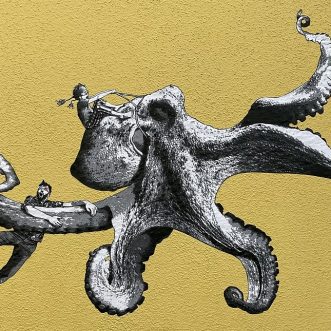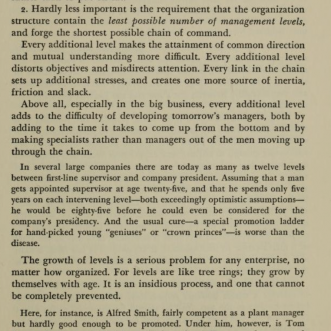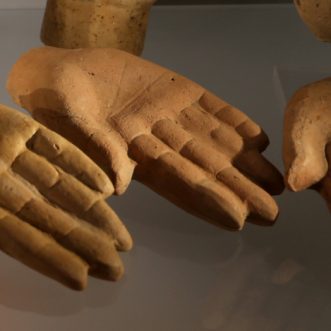
Dream Teams
I’ve been reading the Netflix employee handbook – or at least versions of it that are used as exampes online. It’s pretty well summarised on their jobs page.
There’s a lot I love.
The idea that responsibility comes with freedom:
- “Our version of the great workplace is a dream team in pursuit of ambitious common goals”
- “We believe that people thrive on being trusted, on freedom, and on being able to make a difference.”
- “In general, freedom and rapid recovery is better than trying to prevent error.”
- “Some processes are about increased productivity, rather than error avoidance, and we like processes that help us get more done.”
Or that in a dream team, the team comes first:
- “On a dream team, there are no “brilliant jerks.” The cost to teamwork is just too high.”
Or that managment is about creating context, rather than controlling:
- “We pride ourselves on how few, not how many, decisions senior management makes.”
Or that by being highly aligned at the top enables loose coupling lower down:
- “We spend lots of time debating strategy together, and then trust each other to execute on tactics without prior approvals.”
So what is it I’m finding uncomfortable?
I think it might be this:
- “Mostly for our salaried employees; there are many limitations on this for our hourly employees due to legal requirements.“
and this:
- ” Sustained “B” performance, despite an “A” for effort, gets a respectful severance package.”
Why does this make me uncomfortable?
Because the “Dream Team” can’t function without the people who work behind the scenes.
Mainly because the threat of expulsion at the whim of your boss feels like the worst kind of control to me.









